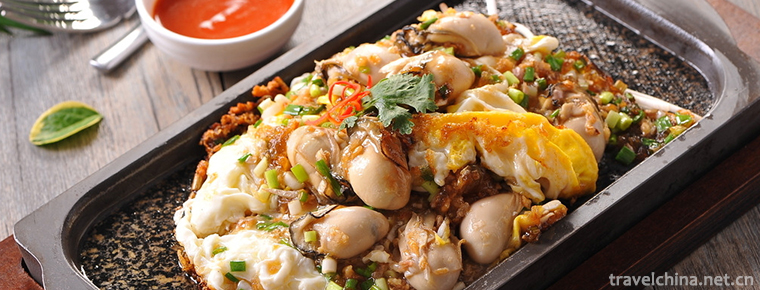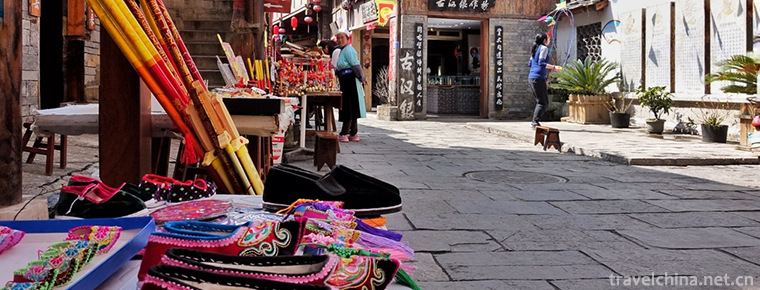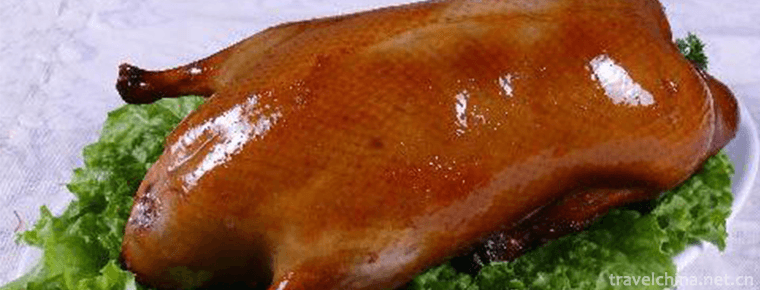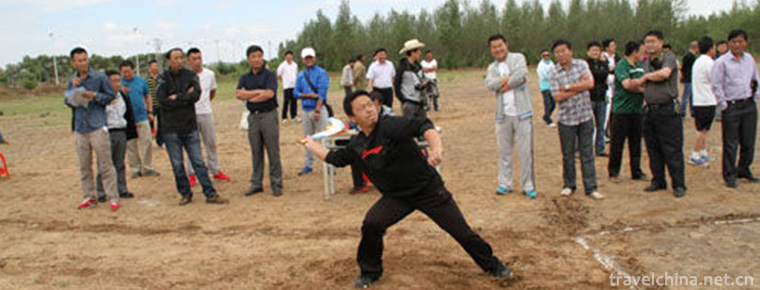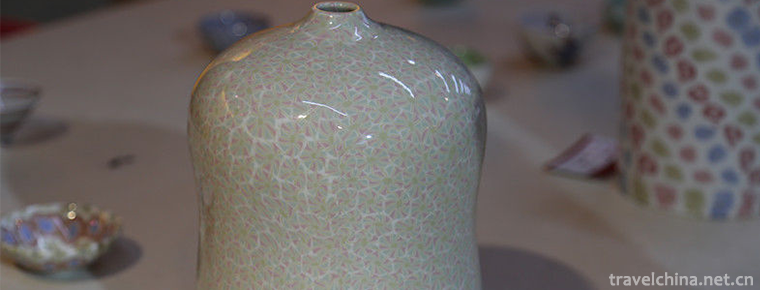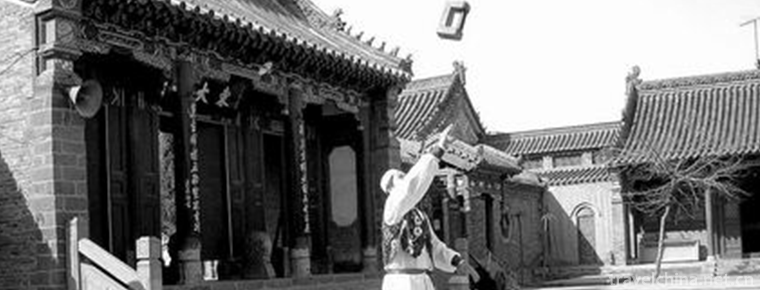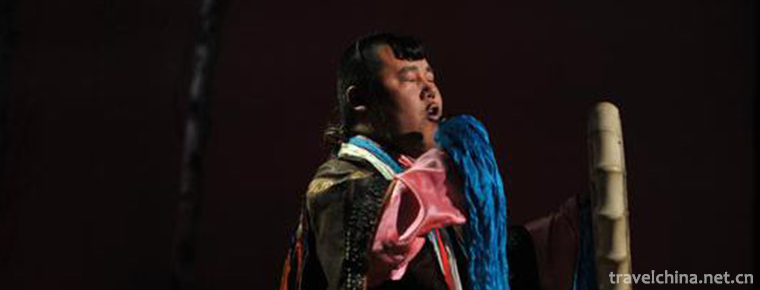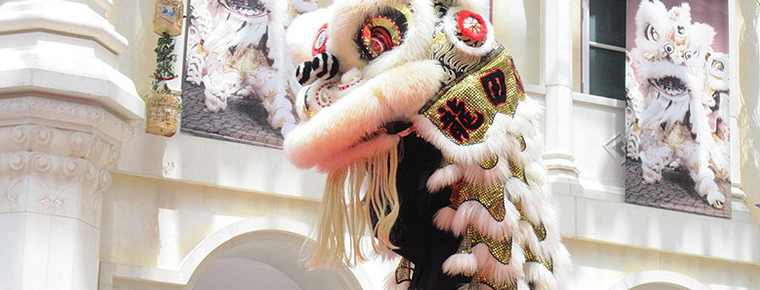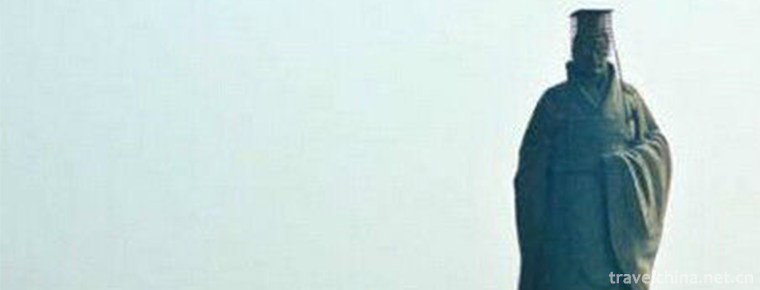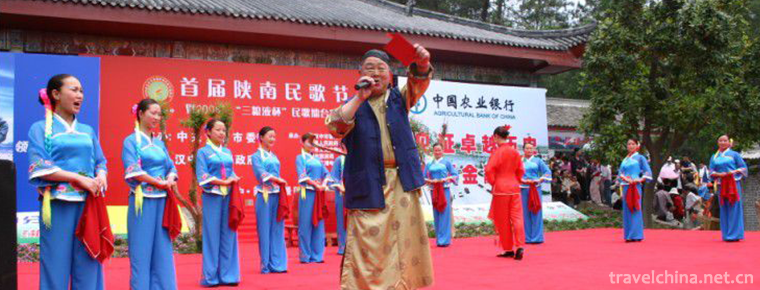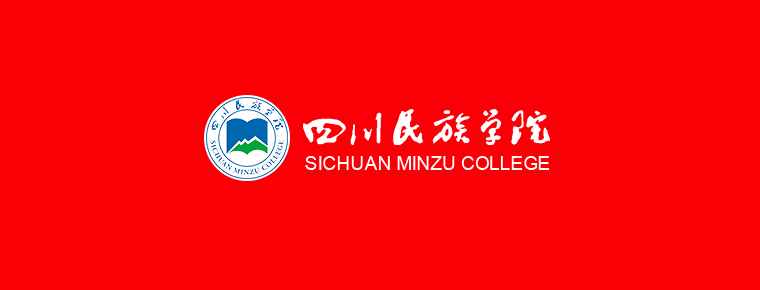han opera
han opera
Guangdong Hanju Opera, formerly known as "Ran Tan", "Waijiang Opera" and "Xingmei Hanju Opera", is one of the Hakka Opera genres in Guangdong Province. In 1933, Qian Re, a native of Dapu County, Guangdong Province, wrote the Outline of Hanju Opera and named it Hanju Opera. It is popular in Meizhou, Huiyang, Shaoguan and other regions of Fujian, Guangdong and Jiangxi border areas. Guangdong Han Opera is one of the three major operas in Guangdong, which is praised by Premier Zhou as "Peony of the South".
In fact, Guangdong Han Opera comes from Hui Opera after the pi-reed merging. It belongs to the same genre as the Western Fujian Han Opera, with the main voice of Xipi Erhuang, and is sung in Zhongzhou Mandarin. From Yongzheng to Qianlong in Qing Dynasty, Hui Opera came into being after it was introduced into Guangdong. The performances of Guangdong Han Opera are similar to those of Beijing Opera, Hunan Opera, Qi Opera and Hubei Han Opera, but they also have their own characteristics and styles. Its martial arts belong to the southern school. There are more than 100 kinds of faces, mainly in black, red and white. Black symbolizes courage, red symbolizes loyalty, white and blue symbolizes sinister and treacherous. Pihuang is the main music aria of Guangdong Han Opera, which includes Kunqu Opera, Gaoqiang Opera, Blow Opera, Minor Tune, etc. and preserves many ancient music cards. Simple and honest, high and solemn, is the inherent style characteristics of Guangdong Han Opera music singing. Its roles include public feet, Laosheng, Xiaosheng, Laodan, Zhengdan, Huadan, Hongjing, Wujing and Ugly Foot. Its accompaniment instruments are also quite distinctive. Headstrings, Dasugong and trumpets are unique accompaniment instruments of Guangdong Han Opera. There are more than 800 traditional operas in Guangdong Han Opera. The more famous ones are Bailixi's Wife Recognition, King Qi's Request for General, and the modern drama A Bag of Wheat Seeds.
On June 7, 2008, Guangdong Han Opera was approved by the State Council to be included in the second batch of national intangible cultural heritage list.
Historical evolution
In the late Ming and early Qing Dynasties, there were many provincial theatres in Guangdong that sang Yiyang, Qingyang and Ran Tan tunes. In the twenty-fourth year of the Qianlong reign of the Qing Dynasty (1759), foreign theatre troupes established the Pear Garden Guild Hall in Waijiang, Guangzhou, and opened doors to the Qionghua Guild Hall of the local theatre troupes. At that time, there were fifteen classes of Waijiang Class, four of which were Hui Class and eight from Hunan. In Jiaqing (1796-1820), Waijiang Ban was active in Guangzhou.
Outside the state, the footprint has gradually reached Chaozhou and Shantou. When Waijiang Band entered Eastern Guangdong, it absorbed the local people into the theatre to learn and perform. Later, he entered Meizhou, where he spoke Hakka, and absorbed Hakka "Chinese Military Class" artists. In this process, he gradually formed his own artistic style by integrating the folk music of Eastern Guangdong, Buddhist and Taoist music, as well as the music of the Chinese Military Class (playing music for folk wedding and funeral celebrations such as Meicheng, Xingning, Wuhua and Dapu). But in many ways, it is still in line with Hui Opera. Among the early plays of Guangdong Han Opera, Happy Forest, Silt River, Qi Wang Dian Ma, Wang Po Yan Jie, Biyou Palace and Zhaojun were Hui Opera. In music singing, the Anchun tune of Guangdong Han Opera is the same as the Anqing tune of Hui Opera, and the Erhuang flat plate of both is similar. On musical instruments, the head strings of Guangdong Han Opera are basically the same as Huihu, the leading instrument used in Hui Opera in the past, and Dasu Gong of Guangdong Han Opera is the same as Dagong used in early Hui Opera.
Anhui Huiju Opera, Hunan Qiju Opera and other "Waijiang Opera" groups sang in Zhongzhou Mandarin have been to Guangzhou, Chaozhou, Shantou and other places, and eventually entered the Meizhou area. They are popular because there are many local people who like to read and learn Mandarin, and most of them can not speak Mandarin. There are also many local opera troupes who perform in Mandarin, and there are no barriers to communication. Genmei Prefecture has developed rapidly since then. After forming its own characteristics in the process of continuous development, it was also called "Hakka Han Opera" and "Xingmei Han Opera". In 1933, Mr. Qian Rechu, a native of Dapu County, Meizhou County, Guangdong Province, wrote the Outline of Han Opera, which was named as Han Opera. Because it was different from Hubei Han Opera, it was later named Guangdong Han Opera. It has been customary since then. In addition to its popularity in the Hanjiang and Dongjiang valleys of Guangdong Province, Guangdong Hanju also frequently travels to Western Fujian, northern Guangdong and southern Jiangxi. There are origin relations between Guangdong Han Opera and Anhui Hui Opera, Hubei Han Opera and Hunan Qi Opera, as well as Beijing Opera, Hunan Opera, Changde Han Opera and Western Fujian Han Opera. From Waijiang Ban performing Waijiang Opera in Guangzhou and Chaozhou to Guangdong Han Opera, and finally settled in Meicheng, it has experienced a long development process. Since the 1920s, Waijiang Opera has declined with the collapse of urban and rural economy due to warlord melee and social unrest. During the War of Resistance Against Japan, classes withered, artists scattered, and the Leather Springs in Eastern Guangdong almost died out.
After the founding of the People's Republic of China, Dapu Minsheng Han Opera Society (formerly Yiguo Music Society), Meicheng Yiguang Han Opera Troupe and Wenguang Han Opera Troupe were established in 1950. In 1959, the Guangdong Han Opera Troupe was founded (reorganized into the Guangdong Han Opera Theatre in 1959), and the Guangdong Han Opera entered a new stage of improvement and development. Since 1960, there have been more than ten professional theatre troupes in Huizhou, Meizhou and Shaoguan, and many amateur theatre troupes. "Qi Wangjun" and "A Bag of Wheat Seeds" were filmed by Zhujiang Film Studio in 1962 and 1965 respectively. From 1966 to 1968, under the impact of the "Cultural Revolution", the professional performing groups of Guangdong Han Opera were disbanded or merged. In 1969, only two Han Opera Troupes in Meizhou and Huiyang remained. In 1973, when Shantou Opera School was reopened, it allocated the subject of Han Opera to Meizhou area and opened Meizhou Opera School. Henceforth, the Guangdong Han Theatre settled in Meicheng. Since 1977, professional Hanju troupes in various counties have been rebuilt one after another, and the establishment of Guangdong Hanju Theatre has been restored in 1978. From 1979 to 1982, a gratifying new situation emerged in the production of operas. In the aspect of artistic reform, the reform of the pronunciation and singing methods of Wu Jing and Wu Sheng's "explosive voice" and "Zi Throat" was explored. The experiment of changing Xiao Sheng's fake voice to the original voice was carried out. Dance design and martial arts combination were also successful attempts. In 1982, he performed in Hong Kong, restoring the artistic exchanges between Guangdong Han Opera and overseas people.
In 2008, Guangdong Han Opera was selected into the second batch of national intangible cultural heritage list.
Guangdong Han Opera is one of the three major operas in Guangdong, which is praised by Premier Zhou as "Peony of the South". Meizhou's Guangdong Han Opera Theatre is the main group performing Guangdong Han Opera, so Meizhou is also known as the hometown of Guangdong Han Opera.

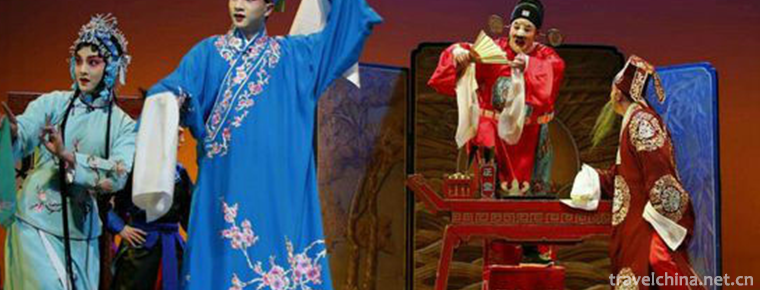
-
Oyster omelet
Oyster fry is a common home dish, which originated in Quanzhou, Fujian Province, and is one of the classic traditional snacks in southern Fujian, Taiwan, Chaoshan and other regions..
Views: 259 Time 2018-11-02 -
Tianlong Tunpu
Tianlong Tunpu Town is located in Pingba District, Anshun City, western Guizhou Province. Deep in the mountains of karst landform, Tiantai Mountain and Longan Mountain are two mountains.
Views: 181 Time 2019-02-21 -
Pot fried chicken
Guguo fried chicken is a local traditional dish in Changshu, Jiangsu Province, which belongs to the Su cuisine family. Located at the foot of Yushan Mountain in Changshu.
Views: 258 Time 2019-03-25 -
Bru
Bru, Mongolian means throwing. Competitions are divided into two categories: long throw and accurate throw, mostly held in festive festivals. The long throw is to decide .
Views: 457 Time 2019-04-04 -
Firing Techniques of Dangyangyu Twisted Tissue Porcelain
Dangyangyu Twisted Tissue Porcelain, a special product of Dangyangyu Village, Xiuwu County, Henan Province, is a product of China's National Geographic Indicators..
Views: 169 Time 2019-04-25 -
Throw stones Lock
Throw stones Lock is an ancient martial arts skill item, which originated in the Tang and Song Dynasties. It has been widely circulated among the Hui people in Kaifeng for a long time. During the Qing.
Views: 106 Time 2019-05-13 -
Mongolian Humai
Humai, also known as laryngeal singing, double singing, multi-voice singing or Haolinchao, is a singing method of many ethnic groups around Altai Mountains, not unique to the Mongolian people..
Views: 842 Time 2019-06-03 -
lion dance
Lion dance, also known as "Lion Dance", "Lion Lantern", "Lion Dance", "Lion Dance", "Lion Dance", is one of the folk dances of all ethnic groups in Ch.
Views: 80 Time 2019-06-14 -
Legend of Su Xian
The legend of Suxian is a local folklore with a long history. Su Xian, Ming Lian, from Guiyang. Su Da lost his father in his early years and depended on his mother for his life. One year, the plague w.
Views: 197 Time 2019-06-17 -
Zhenba Folk Song
Zhenba folk song is a huge cultural wealth created and accumulated by Zhenba people for thousands of years, and it is an important component of Zhenba regional culture. Zhenba folk songs are very rich.
Views: 174 Time 2019-07-25 -
Sichuan Minzu College
Sichuan College for Nationalities is a full-time general undergraduate college in Sichuan Province. It is also the only national undergraduate college in Kangba Tibetan District. It is located in Guza.
Views: 174 Time 2019-08-31
